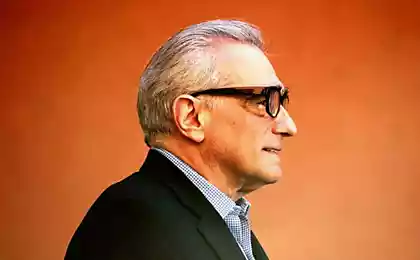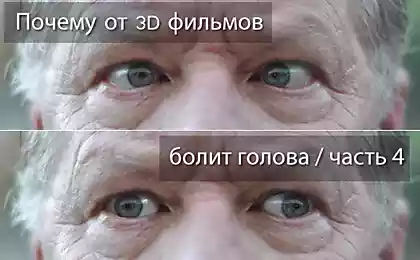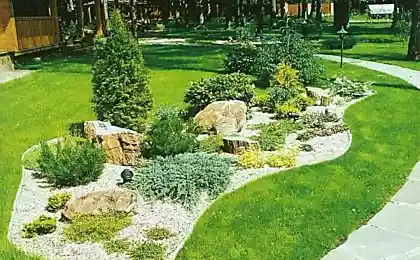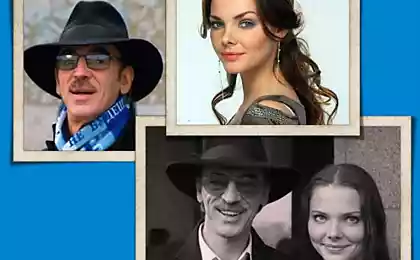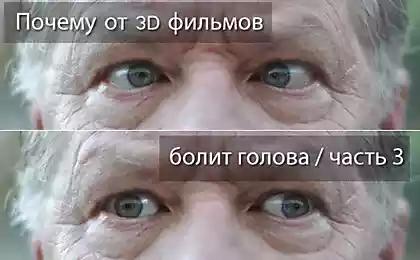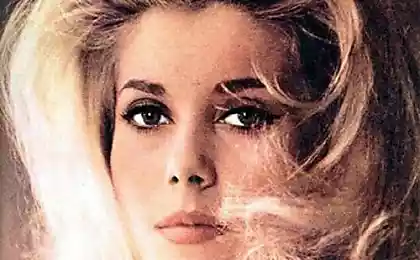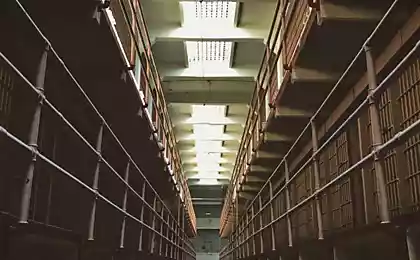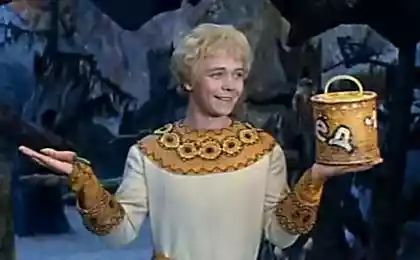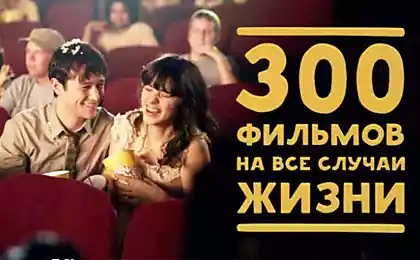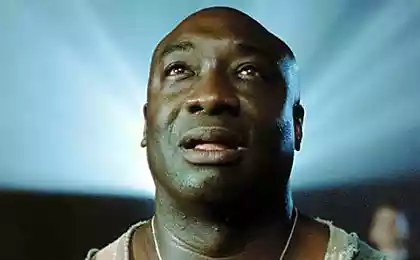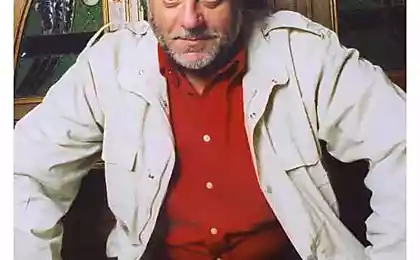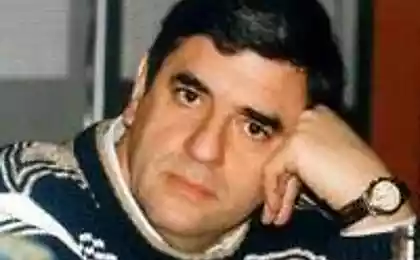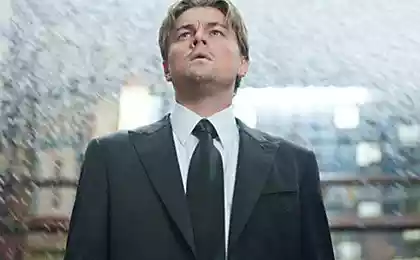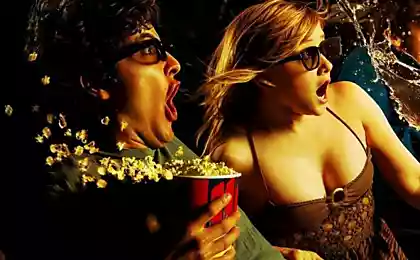130
"Green" cinema - a review of the most high-profile eco-movies
The annual international festival of green cinema “EcoCup” (“EcoCup”) ended in Moscow. The correspondent of Ridus visited the opening and prepared an overview of the films presented at the festival.
Cinema – the main cultural sensation of the twentieth century, today can be considered one of the most convenient and interesting ways to convey information to the masses. The founders of the EcoCup festival took this property into circulation more than 5 years ago, wanting not just to tell the Russian public about environmental problems - and at that time it was much less discussed than now - but really to reach out to people, to attract them to thinking, actions, changes.
The opening took place in the Documentary Cinema Center, which opened not so long ago at the Museum of Moscow. At the solemn event gathered as connoisseurs of cinema and environmentalists, and ordinary Muscovites-cinema.
The event was opened with thanksgiving speeches by the organizers – Anastasia Laukkanen and Natalia Paromonova, who spoke about how they make the festival and who helps them. Anastasia said that inspired her to create the first and so far the only green film festival in Russia: A few years ago I went to Paris for an environmental film festival, which has been held for 31 years. Watching the movie "Recipes for Disaster" John Webster, I bombarded the director with questions at a discussion after a movie that is usually held at events like this. It’s very important to be able to talk to the director because they’re very inspiring. He gave me his film and offered to show it to his friends in Moscow. That is how the festival was born.
The film tells the story of how the director and his family for one year went on an “oil diet”, that is, they had to completely abandon any products from petroleum products. This film was one of the first such experiments to show the world how much we depend on plastic.
This year we opened the festival with a film.Lost riversIt tells about rivers and streams driven into pipes under cities around the world. The film tells the stories of many people exploring these rivers and bringing them back to the surface.
Carolyn Buckle, the director of Lost Rivers, originally came from Canada, where the international study of rivers began, which eventually resulted in this film. Viewers were very enthusiastic about asking Carolyn questions about the rivers and how the film was made.
Also at the show came Daniil Davydov, Moscow diger, tour guide and historian, specialist in underground rivers of the capital. He told the guests of the festival that more than 180 rivers and streams flow in the pipes near Moscow, the main of which is the Neglinka River.
The film by journalist John Alpert deserves special attention. "Atonement"In the original "Redemption", which in addition to the act of redemption also means "return", so called the process of returning recycled containers from food and drink, what in New York are hundreds of people called "canners", homeless or poor, living only on this. They collect cans and bottles all over the city all day, selling each for a few cents.
After the film, the audience was able to discuss with the founder of the movement.Garbage. More. No. Denis Stark on the situation with the principle of packaging return and waste recycling in Russia. Denis said that in Russia, too, you can take containers – glass and plastic bottles and aluminum cans – for recycling, however, due to the lack of a mandatory deposit of several rubles for each product, the handover will pay only the cost of the bottle material itself, and this is only 10-30 cents compared to 5 cents (1 ruble 75 cents) in America, so no one is in a hurry to collect and hand over bottles in Russia, and even homeless people prefer to beg or engage in other illegal activities. Denis said that the principle of the collateral value of containers is part of amendments to the Federal law 89 “On waste”, considered by the State Duma and the Government for several years. There is great hope that the law will be adopted this year, and the process of collecting recyclables will move from a dead point.
The festival generally pays great attention to ecology outside the movie screen, in real life. The screenings are supplemented not only by communication with directors, but also with experts and activists of various projects and movements who can tell about the issues discussed regarding Russia and about the experience of working with them.
What other films were shown to the audience?
F.Aerosmith concert: Rock for the rising sun, documenting the rock band's tour of cities in Japan after the 2011 earthquake, tsunami and Fukushima-1 disaster shook the eastern country.
"Growing Cities" Director Dan Susman on how urban gardening is changing American cities, bringing them closer to a healthy, clean, ecological image of the cities of the future.
"Borders of the Sea" The film shows the life of fishermen on the Italian island of Sicily as a mirror of world events.
Film"Peak." It will show viewers of the European Alps in a way that tourists do not see them, tell you what they were like before, and what awaits them ahead.
About another popular European place among tourists - Venice - the film will tell The Venetian Syndrome. And his producer, Valerio Moser. Venice is visited by 20 million tourists annually, this figure is growing and the local population is decreasing. On the one hand, this is an amazing story of real Venetians, about whom no one remembers in the pursuit of impressions. On the other hand, a movie about the consumer society, which, with its unyielding attention, has played a cruel joke with one of the most beautiful creations of human hands, and year after year destroys it.
Film "No lights."Every night, thousands of children from low-income families flock to shops, gas stations, the airport to be able to read because their homes have no electricity.
Film "The Transition." An objective three-year study of new energy sources and how the inhabitants of the planet turn to them.
On Sunday evening, the program will complete another film about the state of New York, or rather about one action of its residents. They came to Governor Andrew Cuomo with a request to ban gas production by fracking. How they demanded the governor give up dangerous technology can be seen in the film "Dear Governor Cuomo".
Source: www.ridus.ru
"Babushkofon" fit for the deaf
The history of "infecting" the world branded Apple stores in 10 seconds
